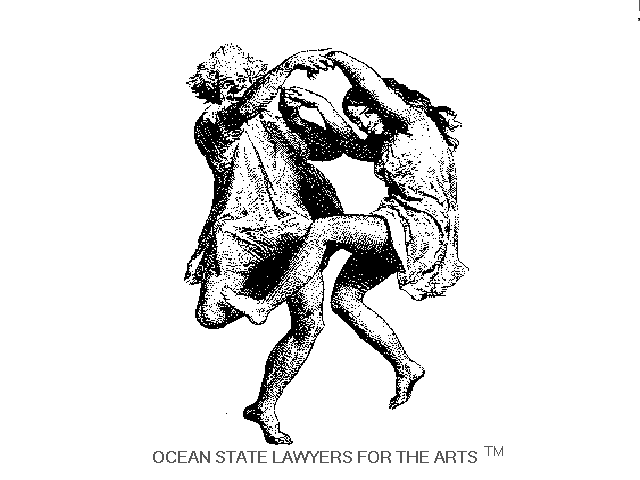
THE RIGHT OF PUBLICITY
In a lawsuit, Bette Midler successfully protected her property rights in the use of her name, likeness and voice. She obtained the right not to be associated with products or a promotion she did not support. The Right of Publicity was created and developed in that case and others. For those jurisdictions that protect such a right, and not all do, the amount of protection varies.
Some states protect one's "name and likeness." Others are more specific, protecting name, voice, signature, photograph or likeness. What uses constitute infringement of the right is also a matter of concern. Rhode Island protects against unauthorized use for advertsing and trade purposes only, while other states might describe "any use" as infringing. Even the use of one's personality without consent can be actionable. Imitators beware!
Generally, anyone is entitled to protect their right of publicity. Therefore, if your picture is used in an ad to sell cigarettes and you had no knowledge of it, it would generally be an actionable use even if you are not a well-known celebrity. All this assumes, of course, that the right of publicity is recognized in your jurisdiction.
As to the damages available, they can include the defendant's profits, reasonable compensation for the use, injunctions to stop the use, and even treble damages which are available in Rhode Island and Massachusetts for intentional acts of infringement.
The right of publicity generally does not protect uses occurring in connection with news, public affairs, sports reports and political campaign information. There is an overriding public interest in allowing newsworthy information to be disseminated without restriction from individuals.
The Rhode Island law which affect one's right to use the name, portrait or picture of another for advertising or trade purposes without permission. RI General Law 9-1-28 states that if someone commits this act without authority, he can be sued in Superior Court to prevent the unauthorized use and he may be liable for damages. In fact, if the use took place knowingly without consent, the liability may be triple damages. This law will not apply to photographers who exhibit their own works in, or about, their establishments, unless such exhibition continues after written objection is made by the person portrayed.
First Published Version, Copyright David M. Spatt 1995
RIGHT OF PRIVACY
Rhode Island General Laws section 9-1-28.1 also gives every Rhode Islander a right of privacy which prevents unreasonable intrusion upon your physical solitude or seclusion if the invasion was of something entitled or expected to be private and the invasion was offensive or objectionable to the reasonable person.
Also of importance to writers, especially, is one's right to be secure from unreasonable publicity about one's private life, as well as the right to be secure from publicity that places one in a false light before the public. These are the cases for which writers, and photographers, get sued for defaming another person or invading their privacy. In order to infringe these rights, publication of the information must take place. Also the fact, or falsehood, which is published must be objectionable to a reasonable person's sensibilities. There is more to these laws, but this article is only intended to inform you that such laws exist.
Consultation with a qualified attorney is advised in the event of any violations.
First Published Version, Copyright David M. Spatt 1992
THIS WEBSITE CANNOT BE USED AS A SUBSTITUTE FOR SOUND LEGAL ADVICE FROM A COMPETENT ARTS OR ENTERTAINMENT ATTORNEY. In the event of a legal problem or question, specific legal consultation is advised. This website is intended only as a means of educating arts organizations and artists of all disciplines as to their potential legal rights and liabilities. The information provided is made available with the understanding that neither OSLA nor the office of David M. Spatt is engaging in the rendering of legal counsel.
copyright 1997 David M. Spatt, All rights reserved
Reproduction is prohibited without the express written consent of the author

|
|